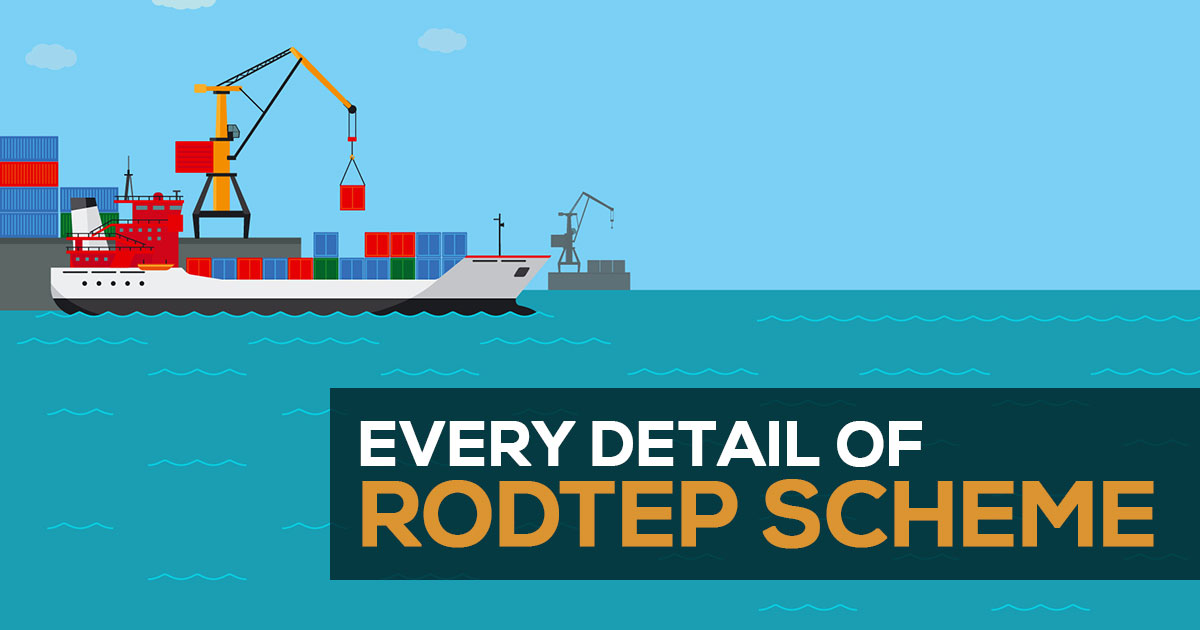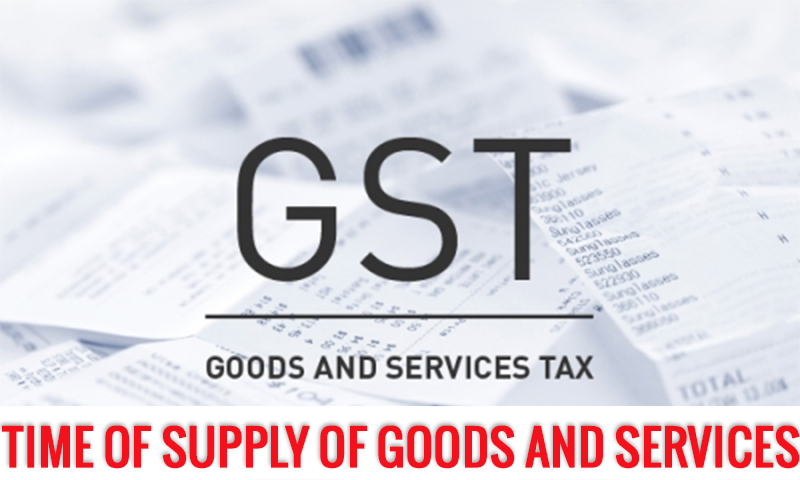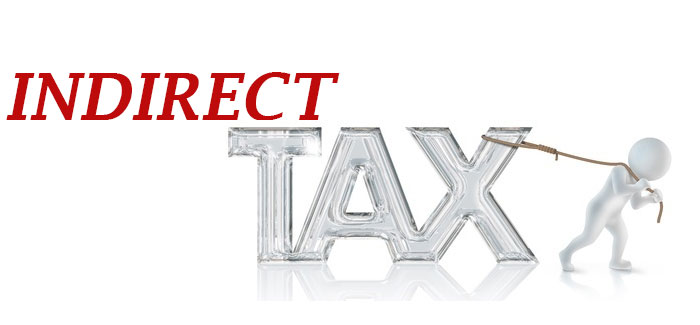
The DGFT (Director General of Foreign Trade) provided the Notification No: 19/2015-20 on: 17.08.2021 and therefore assigned “the scheme guidelines for RoDTEP (Remission of Duties and Taxes on Exported Products)”
An urged the RoDTEP advantages is lower as compared to the former MEIS (Merchandised Export Incentive Scheme) advantages that come to close in 31st Dec 2020. Via RoDTEP scheme started from 1/01/2021 the rate was displayed only on 17/08/2021 as Appendix 4R to the Notification No: 19/2015-20 on: 17.08.2021.
Meaning of RoDTEP Scheme
The RoDTEP (Remission of Duties and Taxes on Exported Products) scheme has a disadvantage in nature rather than an incentive. It allows the refund of the tax furnished on the goods and services 
The tax that cannot be claimed as ITC or refunded alone has come beneath RoDTEP scheme:
According to the Notification
i. The Scheme‘s aim is to refund, currently un-refunded:
- A. “Duties/taxes/levies, at the Central, State, and local level, borne on the exported product,” consisting of prior stage cumulative indirect taxes

- B. These indirect Duties/taxes/levies towards the distribution of export
Beneath the policy, the levy will not be available for the tax already privileged or remitted or credited.
Important Features of RoDTEP Scheme
The major specifications of the policy consist of:
- Levy is to be provided for eligible exporters for the provided rate as a per cent of FOB value through the value cap per unit of the exported product which is needed on the export of the items which is to be classified beneath the notified 8 digits HS Code.
For the specific export items, a particular levied amount per unit might also be rates of rebate or the value cap per unit beneath RoDTEP shall get notified in Appendix 4 (download link given under) - RoDTEP rebate is subject to the receipt of sale proceeds with time permitted under the Foreign Exchange Management Act, 1999 failing the levy will be deemed never to permit (during the time of issuance of rebate-sales proceedings is not needed. Thus we can apply for RoDTEP excluding sale proceedings if it is not important. Thus we can apply for RoDTEP excluding sale proceeds. But if this was not obtained through time we might be required to reverse or reimburse that.
- The policy will be executed via the digitization of issuance of the levy amount in the form of the transferable tax credit/electronic scrip (e-scrip), which is to be maintained in the electronic ledger through the Central Board of Indirect Taxes & Customs (CBIC).
- Rules and procedures for grant of RoDTEP claims beneath the policy and execution issues which consist of the manner of the “application time period for application and other matters including export realization, export documentation, sampling procedures, record keeping,” and some other things are still to be mentioned.
- The credited RoDTEP advantage can be converted as transferable “e-Scrips. e-Scrips can be used for payment of Import Duty (Only for Basic Customs Duty).”
- E-scrips shall be transferred to other IEC holders electronically from the common credit ledger.
Ineligible Supplies, Items & Classes Beneath the RoDTEP Scheme
There are the transactions mentioned as not eligible for the RoDTEP scheme through the DGFT Notification as under:
The mentioned class of exports or exporters will not be liable for the levied beneath the RoDTEP scheme:
- Export of imported goods included beneath paragraph 2.46 of FTP
- The exports via trans-shipment, direct that the exports which are introduced in the 3rd country are shipped from India.
- The Export product is subjected to a minimum export price or export tax.
- The product gets restricted for the export beneath “Schedule-2 of Export Policy in ITC (HS)”
- Products that are banned for export beneath “Schedule-2 of Export Policy in ITC (HS).”
- “Deemed Exports”
- Supplies of products manufactured through DTA units to SEZ/FTWZ units
- “Products manufactured in EHTP and BTP”
- “Products manufactured partly or wholly in a warehouse beneath section 65 of the Customs Act, 1962 (52 of 1962)”
- The products made or exported so as to realize the obligation with respect to the advance Authorization or tax-free Import Authorization or Special Advance Authorization circulated beneath a duty privilege policy of concern Foreign Trade Policy.
- Under the provisions of the foreign trade policy the product made or exported through the unit licensed as a hundred per cent export-oriented unit (EOU).
- the products made or exported through any of the units held “in Free Trade Zones or Export Processing Zones or Special Economic Zones.”
- The products build or exported claiming the advantage of the notification No. 32/1997- Customs dated 1st April 1997.
- The exports for which the electronic documentation in ICEGATE EDI is not to be made or exports from non-EDI ports.
- Post to produce the goods is used.
Note: (The mentioned x, xi & xii points are not notified yet. The rest of the points is to be notified as effective from 1/01/2021).
Mentioned Conditions for Ineligibility are More or Less the Same as the MEIS Policy
For the suppliers to SEZ and supplies from SEZ or EOU units, MEIS is subjected to prior but in RoDTEP which is created as unavailable, that shall influence the trades. The newly founded MOOWR policy (building and other operations in warehouse regulation) has come beneath the class for the RoDTEP scheme.
The RoDTEP advantages “for Sub-Contracting / Job Work exports (Principal sending materials to Sub-Contractor / Job Worker and exporting” straight from the premises of Sub-Contractor / Job Worker). This kind of export comes beneath the former MEIS policy, but the RoDTEP scheme is silent on the same transactions.
Conclusion: The RoDTEP scheme does not come under the incentive policy similar to the MEIS and thus the advantage of the policy is low as compare to the MEIS policy. It is said to be the refunding of the unclaimed taxes and the tax furnished on the goods and services that consists of “Local Taxes, Electricity Duty, Taxes on Fuel consumed in Transportation of Goods, etc.,”
“As the MEIS incentive is already stopped and the RoDTEP” advantage is lower the exporters shall need to recheck their costing strategy now to accommodate these minimal advantages. This is an obvious thing that the cost for the export items might rise about some min level and the competitiveness inside the world market shall be a problem.
No additional exemption is mentioned through DGFT for the losses that occur to the exports as per the RoDTEP policy with respect to the former MEIS policy. There are still some areas that are still clarified through DGFT and urge that this shall be clarified later for the advantage of the exporters. We can hope for the scenario as soon as possible.